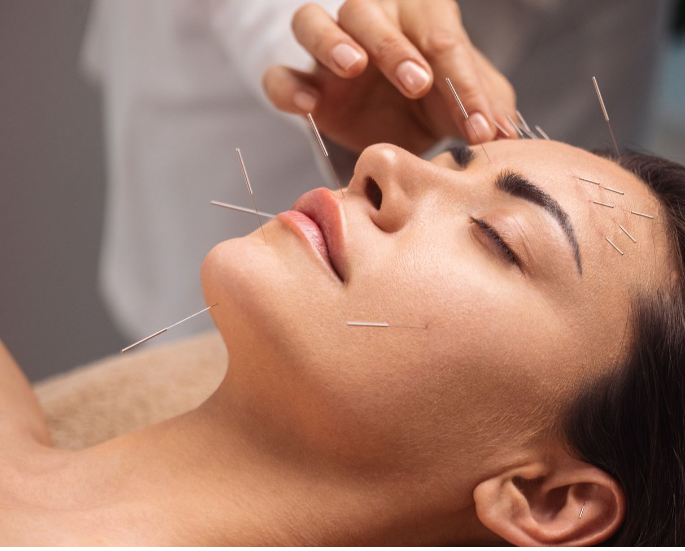Tagged: Acupuncture, Migraines, Placebo
- This topic has 0 replies, 1 voice, and was last updated 1 year, 8 months ago by
 Pain Relief.
Pain Relief.
- AuthorPosts
- September 24, 2023 at 12:18 pm #170
The effectiveness of acupuncture for migraines is a topic that has been explored in research and clinical practice, and the results have been mixed. Some individuals with migraines have reported relief from acupuncture treatments, while others have not experienced significant benefits.

Here’s what the current evidence suggests:
Positive Aspects:
- Reduced Frequency and Severity: Some studies and anecdotal reports indicate that acupuncture can help reduce the frequency and severity of migraine attacks. Patients have reported experiencing fewer and less intense migraines after receiving acupuncture treatments.
- Preventative Potential: Acupuncture may be considered for migraine prevention. Standard Electroacupuncture Stimulation (SES) is a specific acupuncture technique used to prevent migraines between attacks. It involves inserting fine needles into acupuncture points and gently manipulating them.
- Complementary Approach: Many individuals turn to acupuncture as a complementary therapy alongside conventional migraine treatments. It may be used in conjunction with medications and lifestyle modifications to manage migraines effectively.
Challenges and Considerations:
- Mixed Results: Research on acupuncture for migraines has yielded mixed results. While some studies have shown positive outcomes, others have not found a significant advantage over placebo treatments or sham acupuncture.
- Individual Variability: The response to acupuncture can vary widely among individuals. What works for one person may not work as effectively for another. Acupuncture’s effectiveness may depend on factors such as the patient’s specific migraine triggers, the acupuncturist’s skill and technique, and individual physiology.
- Placebo Effect: Some of the positive effects reported by migraine sufferers who receive acupuncture treatment may be attributed to the placebo effect. The belief that a treatment will work can sometimes lead to symptom improvement.
- Safety and Qualifications: Acupuncture should be administered by qualified and licensed practitioners to ensure safety and effectiveness. The use of disposable needles and adherence to local regulations are essential considerations.
- Limited Long-Term Evidence: Long-term studies on the sustained effectiveness and safety of acupuncture for migraines are limited. It is unclear how well the benefits of acupuncture persist over time.
In conclusion, acupuncture is one of several complementary approaches that individuals with migraines may explore. While some people find relief and reduced migraine frequency through acupuncture, its effectiveness varies among individuals. If you are considering acupuncture as a treatment for migraines, it is advisable to consult with a qualified acupuncturist and discuss your specific situation and expectations. Additionally, maintaining open communication with your healthcare provider and considering a holistic approach to migraine management may be beneficial.
- AuthorPosts
- You must be logged in to reply to this topic.